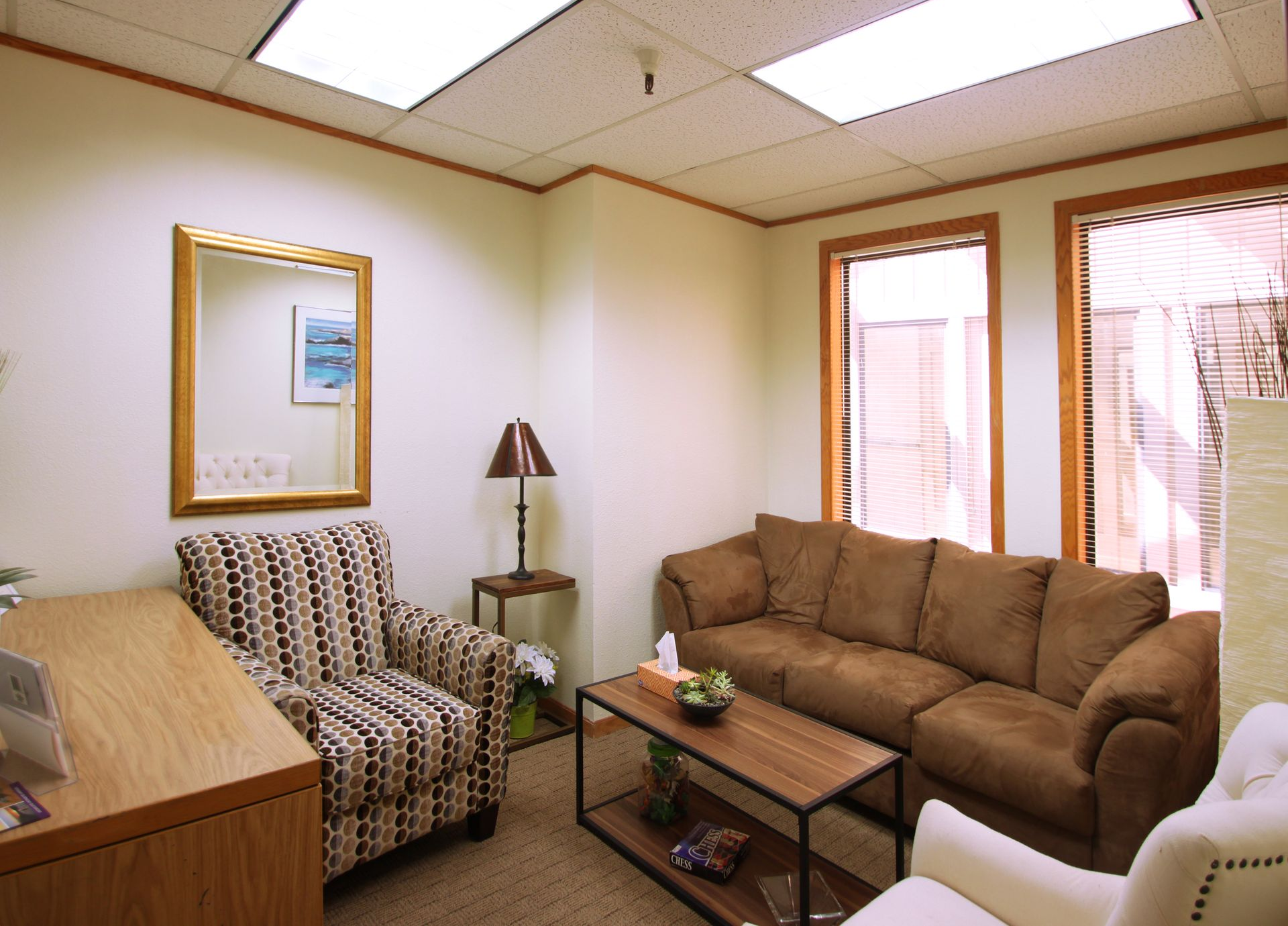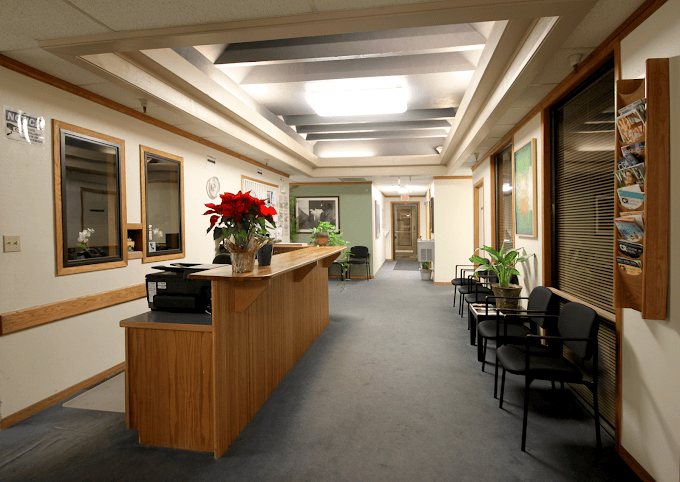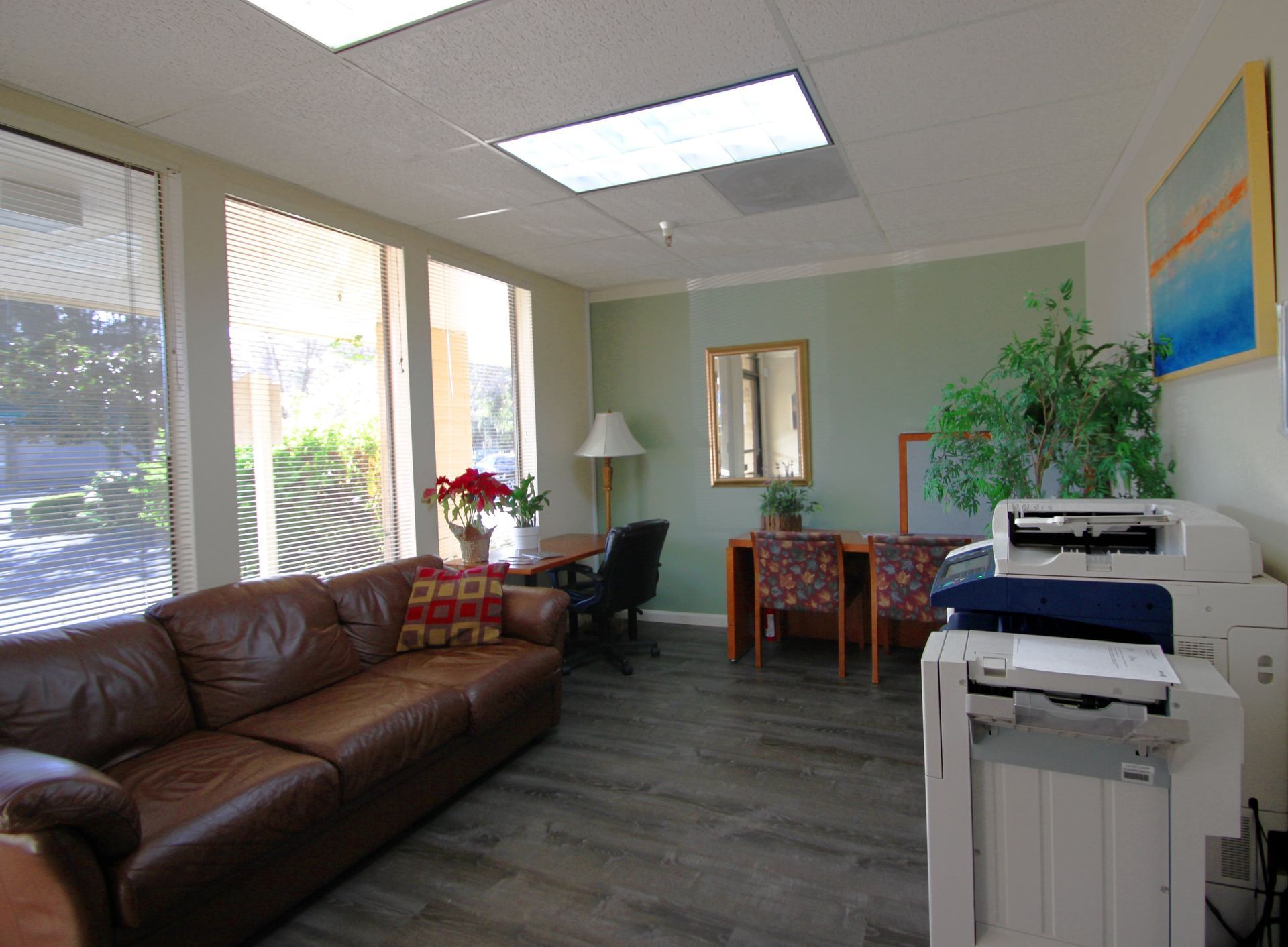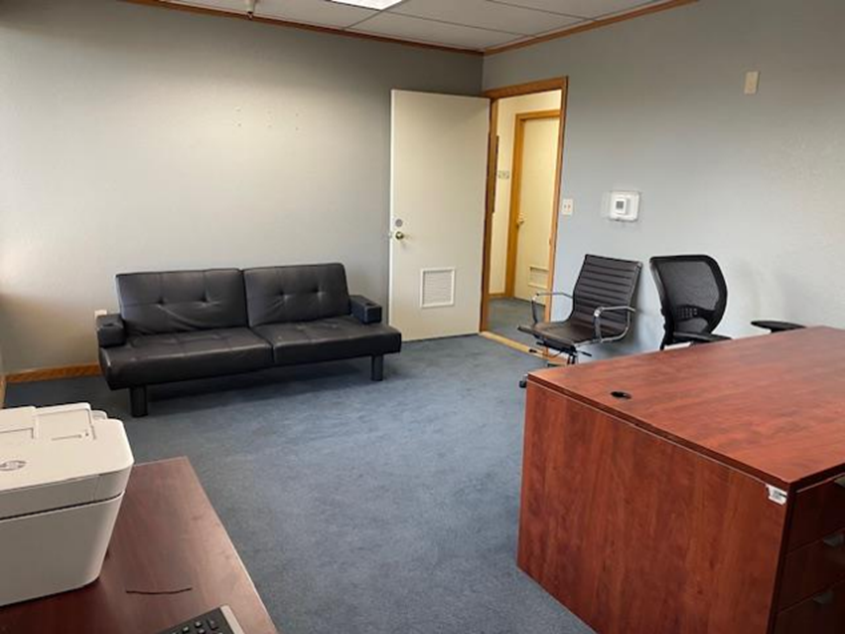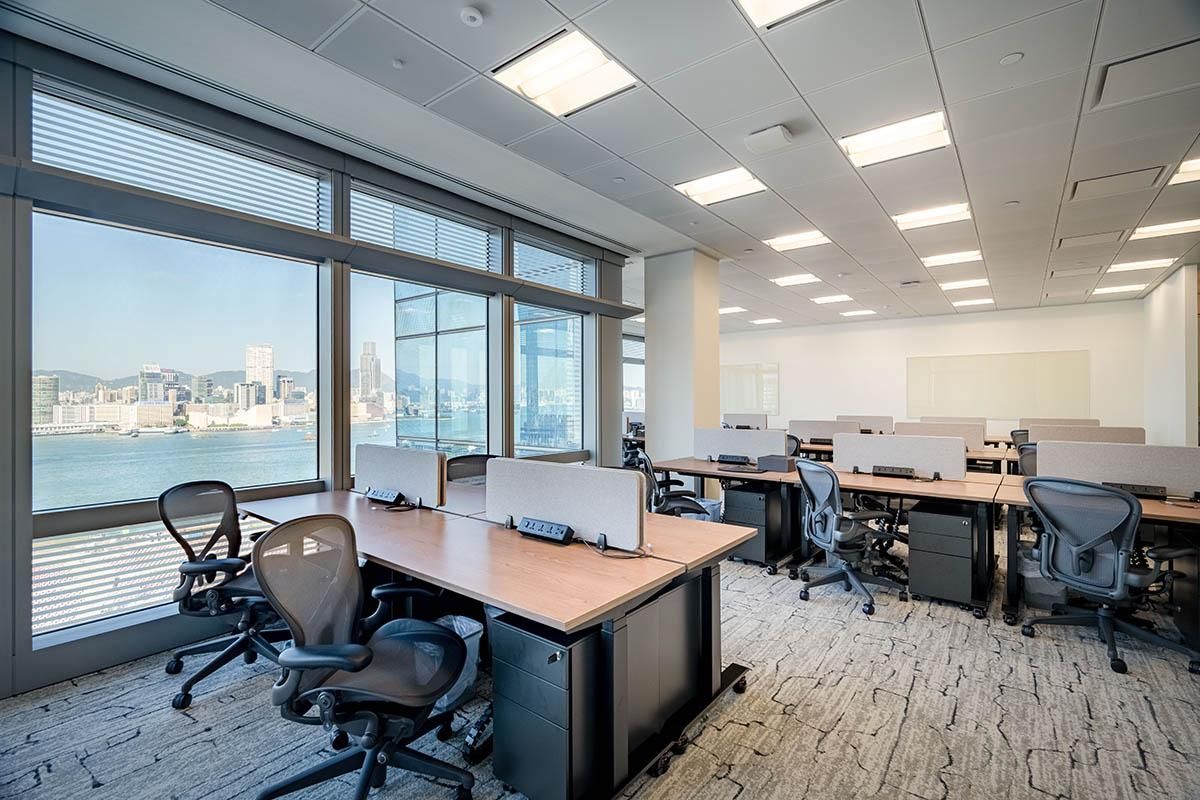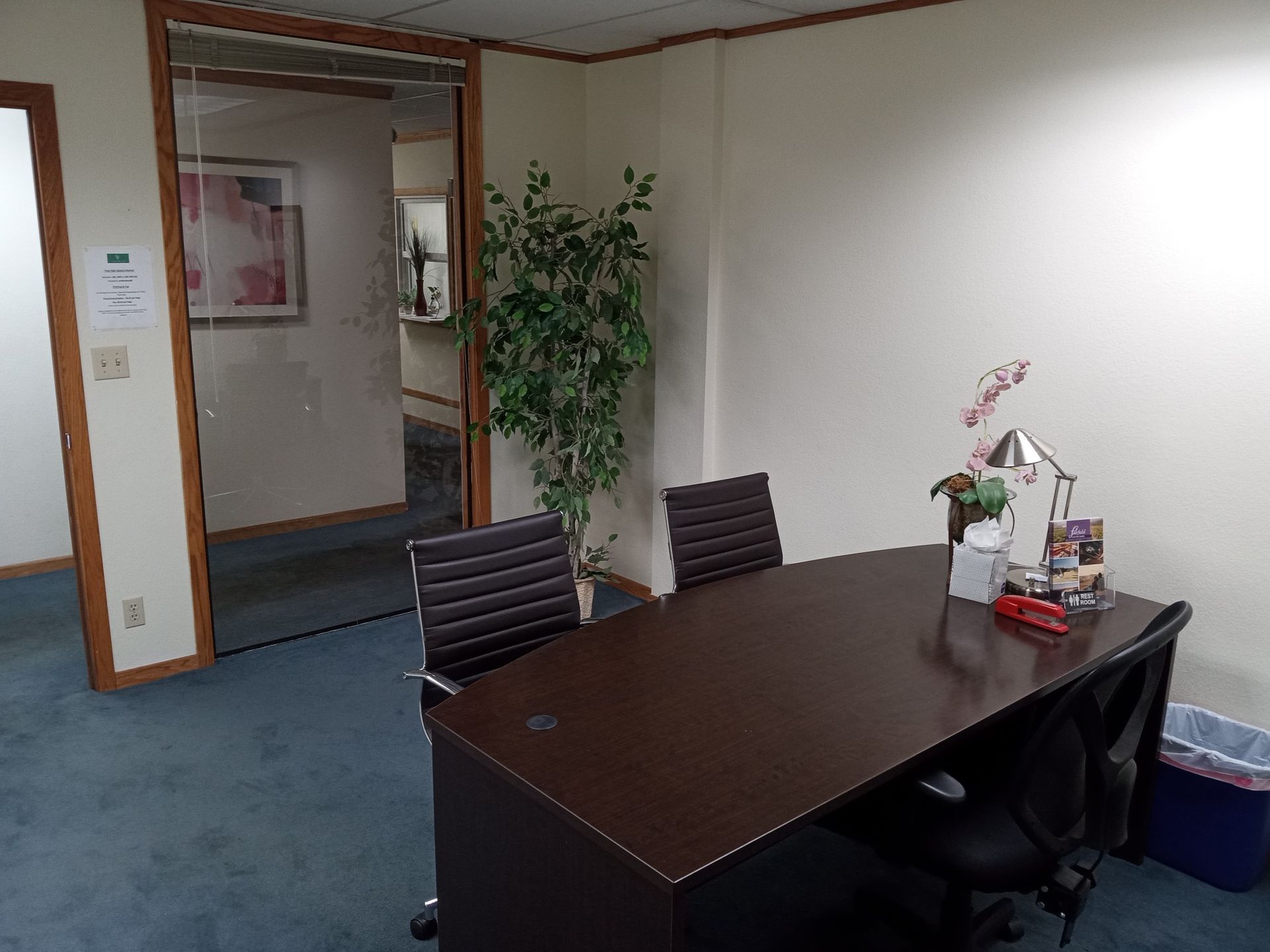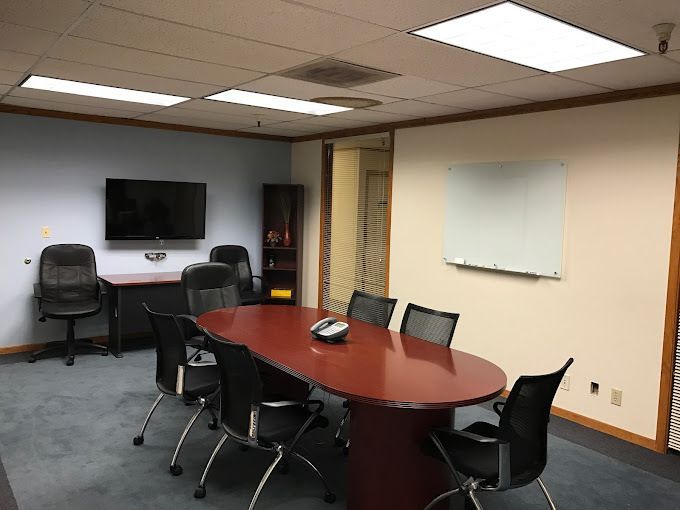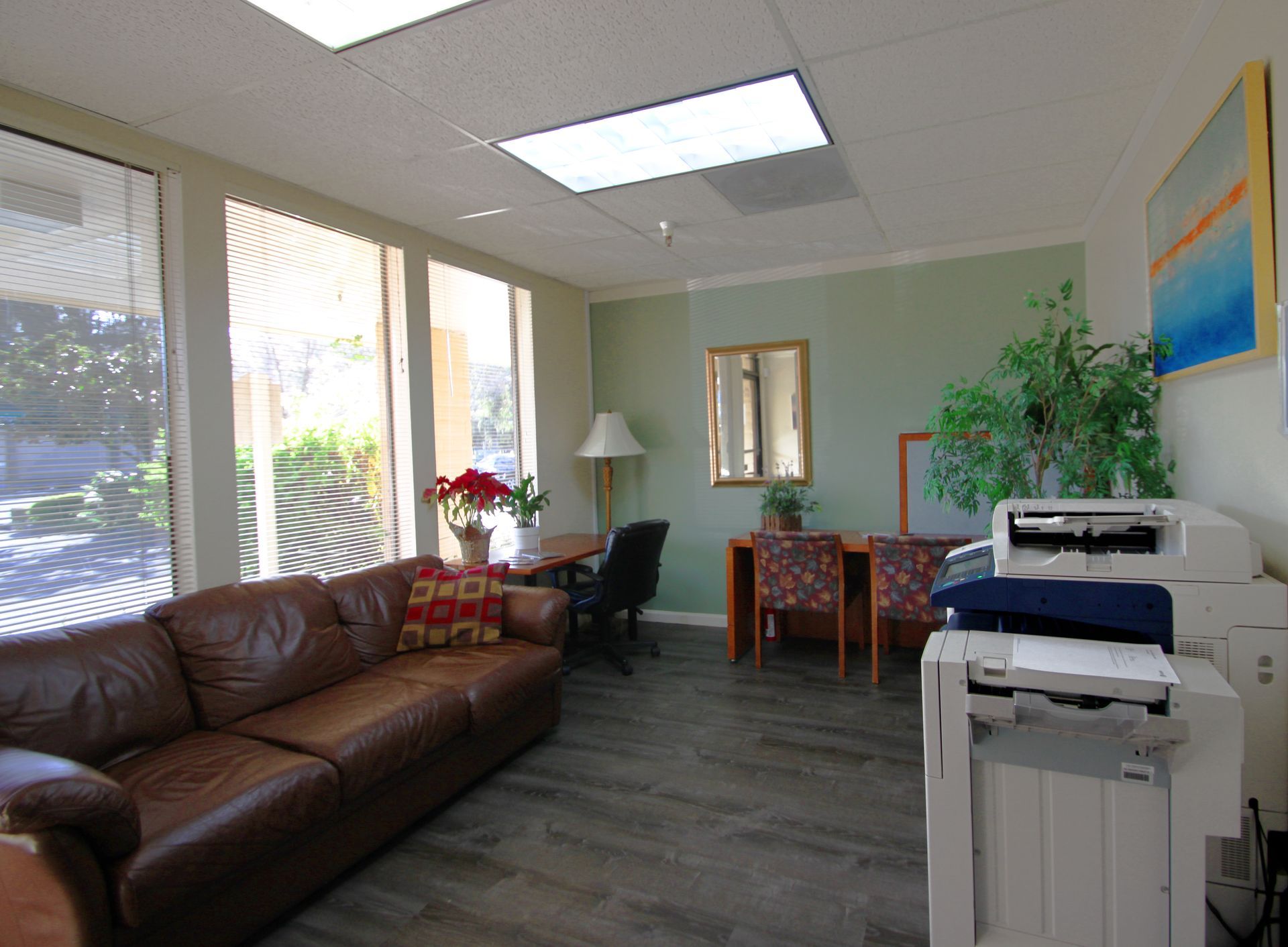New Paragraph
Business Property for Rent: A Complete Guide for Entrepreneurs and Investors
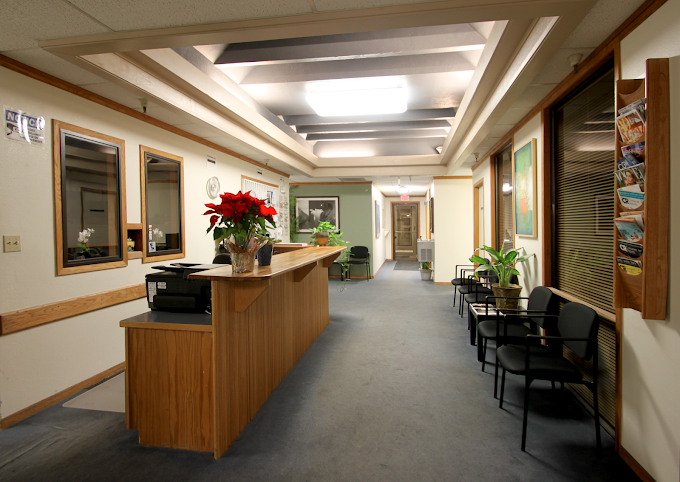
Choosing the right business property for rent is more important than ever. Whether you're launching a startup or expanding a well-established enterprise, your choice of space plays a pivotal role in long-term success. This blog offers a detailed guide to help you navigate the complexities of renting commercial real estate—from identifying the right type of property to negotiating lease terms and avoiding costly mistakes.
What Is Business Property?
Unlike residential spaces, these properties are tailored to support business operations such as retail, services, manufacturing, logistics, or office work. Common types include office buildings, retail storefronts, warehouses, and industrial units. Understanding the nature of your business helps determine which type suits your operations best.
Why Rent Instead of Buy?
One of the biggest decisions you’ll face is whether to buy or rent. Renting a commercial property has several advantages. For starters, it requires significantly lower upfront investment than purchasing. This allows you to allocate more of your capital toward growing your business.
Additionally, leasing provides flexibility. As your business evolves, renting allows you to scale up, downsize, or change locations without the burden of selling real estate. Another key benefit is that landlords typically handle major building maintenance and repairs, reducing your operational stress. From a financial perspective, rental payments are often tax-deductible, offering another advantage to businesses looking to manage cash flow efficiently.
Types of Business Properties Available for Rent
There are several types of business properties available for rent, each serving a different purpose depending on your industry and operations.
Office Space
Office spaces are ideal for administrative work, customer service, and professional services such as legal or financial consulting. These spaces typically include workstations, conference rooms, internet access, and shared common areas. Businesses like law firms, tech startups, and consultancies benefit most from well-located, professional office environments.
Retail Space
Retail spaces are designed for selling products directly to consumers and are often located in high-traffic areas such as shopping centers or urban streets. Features may include large display windows, signage areas, open-plan interiors, and storage rooms. These spaces are suitable for clothing stores, cafes, beauty salons, or showrooms.
Warehouses
Warehouses are commonly used for storage and distribution and are equipped with features such as loading docks, open floor plans, and high ceilings. These properties are best suited for e-commerce businesses, wholesalers, and manufacturers that need space to store inventory or handle logistics.
Industrial Units
Industrial units cater to heavy-duty operations like manufacturing, packaging, or fabrication. These spaces are built to accommodate machinery, with reinforced floors, industrial-grade utilities, and ventilation systems.
Factors to Consider When Renting Business Property
Securing the ideal business property starts with analyzing a few crucial elements that can shape your success.
Location
Location is perhaps the most important factor. Retail businesses benefit from high visibility and foot traffic, whereas warehouses need to be near highways or shipping routes. Office-based businesses often require proximity to urban centers, transportation, and amenities.
Size and Layout
Ensure the space meets your current needs while allowing room for future growth. Think about how many employees you have, whether you’ll need client meeting areas, or if you require room for specialized equipment or inventory.
Budget
Budgeting is essential. In addition to monthly rent, consider hidden costs such as utility bills, property taxes, insurance, and maintenance fees. Always ask for a breakdown of all associated costs before committing.
Accessibility
Is the location conveniently accessible for your clients, employees, and suppliers? Does it offer parking or access to public transport? Accessibility influences customer satisfaction, employee convenience, and logistical efficiency.
Legal Compliance
Ensure the property complies with local regulations, building codes, and zoning laws. Verify if the space is approved for your type of business activity.
Understanding Commercial Lease Agreements
Leasing a business property involves signing a commercial lease—this is a legally binding document, so understanding its terms is crucial.
Types of Commercial Leases
Net Lease: In this arrangement, the tenant is responsible for paying rent along with part or all of the property’s operating expenses.
Modified Gross Lease: A hybrid lease type where both the landlord and tenant share responsibility for specific operating costs.
Key Lease Clauses
Read the lease carefully, paying attention to:
- Lease Term: The duration of the lease, usually ranging from 3 to 10 years.
- Rent Escalation: Provisions for periodic rent increases.
- Subleasing Rights: If you’re allowed to lease part of the space to another party.
- Exit Clause: Conditions under which you can terminate the lease early.
Benefits of Renting Business Property
Renting the right space offers more than just a place to operate. It delivers strategic benefits for your business.
A well-located space increases visibility and brand reputation, especially for customer-facing businesses. A space tailored to your needs can enhance employee productivity, improve workflow, and support long-term business goals.
Most importantly, renting allows flexibility. As your company grows, pivots, or restructures, you can move into a space that reflects your evolving needs without the complications of owning property.
Tips for Finding the Right Business Property
To maximize your investment, follow these tips when searching for a commercial rental:
- Hire a Commercial Real Estate Agent: They have in-depth market knowledge and can guide you through negotiations and legalities.
- Define Your Requirements Clearly: List your must-haves such as size, budget, location, parking, utilities, and zoning.
- Visit Multiple Properties: Don’t rush. Compare different properties in person to evaluate their condition and value.
- Conduct a Detailed Property Inspection: Examine key systems such as plumbing, electrical, HVAC, internet access, and overall security features.
- Review the Lease Carefully: Never sign a lease without reading it in detail. Involve a legal advisor to ensure the terms are favorable.
Common Mistakes to Avoid
Avoiding common pitfalls can save you time, money, and stress. Do not ignore lease terms or sign without understanding the fine print. Don’t overextend your budget by renting more space than you need. Always account for additional costs beyond base rent. Be cautious about choosing a property that can't support your long-term growth or lacks flexibility for change.
Final Thoughts on Business Property for Rent
Finding the right business property for rent is a strategic decision that can impact your company’s future. It's not just about square footage or cost—it's about aligning your space with your business goals, values, and growth trajectory.
By carefully considering your needs, exploring all options, and negotiating wisely, you can secure a space that supports your operations and enhances your brand. Renting provides flexibility, cost control, and access to prime locations—making it a smart choice for many modern businesses.


